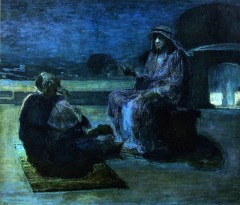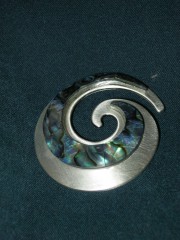Over the last couple of days over a million pounds has been donated to cancer charities, initially unsolicited, though they soon spotted, and capitalised upon, this spontaneous movement. The whole thing began as one of those really annoying FaceBook meme thingies 'post a no makeup selfie and raise awareness of (usually breast) cancer'. No-one had tagged me - no surprise I don't do make-up - but I had spotted a few photos over the last couple of weeks. Then a few people who have had (mostly breast) cancer broke ranks and started posting bald photo or scar photos along with messages to check 'bits 'n' bobs' do the screening and maybe donate to your favourite cancer charity. And yes, I was one of those who posted a baldy picture, one of my 'favourite' ones with just such a message. Just in case you feel aggrieved not to have seen that selfie (why?) and incase you need a nudge to do the checking, screening or donating, here it is again...
17 December 2010
As an example of meme-evolution and viral-media it is fascinating. I donated to CRUK - in the end it is research that will reap rewards, however imporant support and palliative care charities may be (and they are very important).
~"~
Then today something totally different, a FaceBook group interacting with BUGB Council live and online - something that attracted around 300 people of whom maybe a couple of dozen (mostly people I know!) contributed thoughts. It wasn't entirely successful as a conversation, but it was fascinating (and more than a little distracting!) as an experiment, and one to be applauded I think. There are things that need to be carefully considered about the status of the group and who joins (potentially anyone could ask to join and be added as it stands) as well as confidentiality and the kind of questions/discussions that are appropriate. But fascinating and worth repeating, I think.
So, an interesting couple of days seeing social media doing stuff that is creative and, overall, pretty positive.


